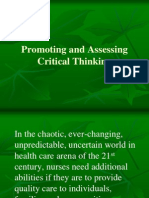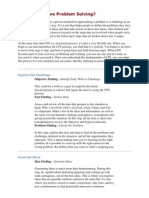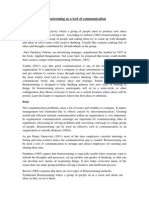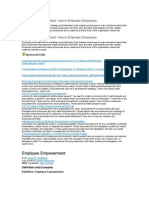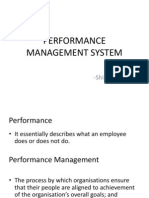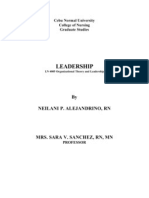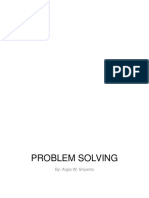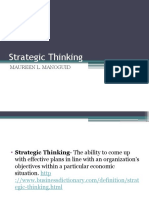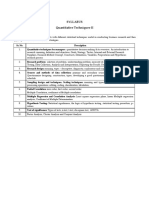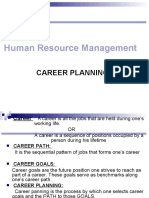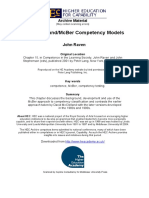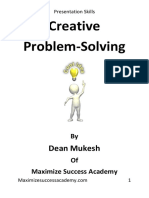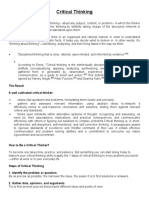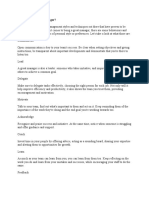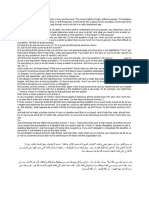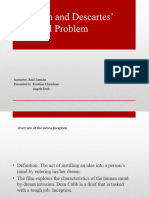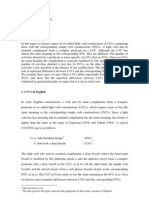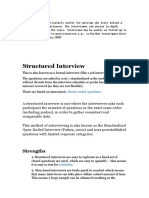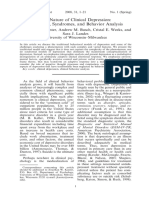0% found this document useful (0 votes)
632 views7 pagesCritical Thinking for Professionals
Critical thinking and problem solving are key workplace skills that can be applied across different roles. Critical thinking involves open-minded skepticism that combines logic and creativity to effectively solve problems or make decisions. It requires carefully analyzing information from different perspectives to reach a logical conclusion. Developing critical thinking skills involves practicing self-awareness, considering your aims, looking beyond the obvious, and considering different viewpoints. Employers value these skills as they lead to innovative ideas and solutions that help businesses grow and stay competitive.
Uploaded by
Mahmoud GaberCopyright
© © All Rights Reserved
We take content rights seriously. If you suspect this is your content, claim it here.
Available Formats
Download as DOCX, PDF, TXT or read online on Scribd
0% found this document useful (0 votes)
632 views7 pagesCritical Thinking for Professionals
Critical thinking and problem solving are key workplace skills that can be applied across different roles. Critical thinking involves open-minded skepticism that combines logic and creativity to effectively solve problems or make decisions. It requires carefully analyzing information from different perspectives to reach a logical conclusion. Developing critical thinking skills involves practicing self-awareness, considering your aims, looking beyond the obvious, and considering different viewpoints. Employers value these skills as they lead to innovative ideas and solutions that help businesses grow and stay competitive.
Uploaded by
Mahmoud GaberCopyright
© © All Rights Reserved
We take content rights seriously. If you suspect this is your content, claim it here.
Available Formats
Download as DOCX, PDF, TXT or read online on Scribd
/ 7


